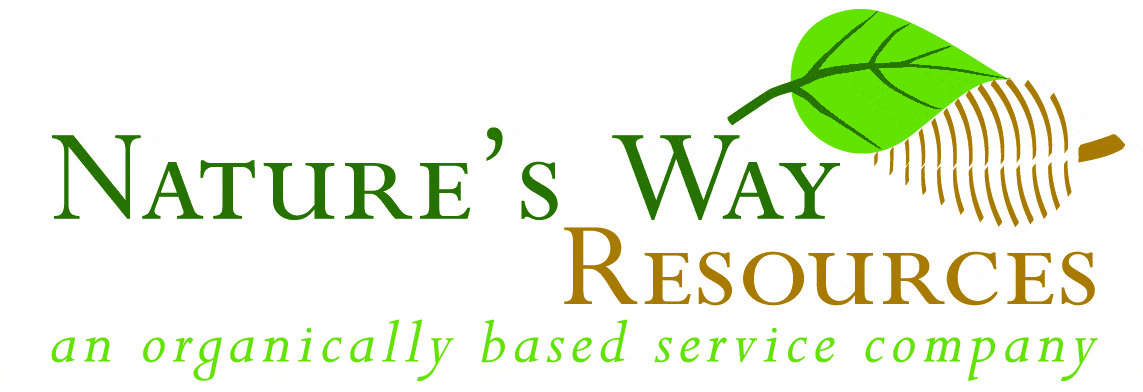John's Corner:
Curcumin, Good Fats & More
News from the Wonderful World of Soil & plants 34
By: John Ferguson
Curcumin, good fats, soil microbes, plant viruses
A few months ago we discussed the health benefits of several herbs. Researchers at the University of California have found additional benefits of the herb or spice turmeric (curcumin). The new research has found that curcumin protects our brains against inflammation. Patients whom took 90 mg (milligrams) of curcumin for 18 months had a 28% improvement in their memory and their brain scans showed they had less brain plaques associated with Alzheimer’s disease. When curcumin is combined with another spice piperine (black pepper) it increased the absorption of curcumin by the human body by 2,000%! Curcumin now has over 160 potentially therapeutic activities indentified that range from anti-inflammatory, anti cancer to neuroprotective benefits.
A Natural News Headline last week was “Good Fats Heal”. It was a story of a young girl with severe epilepsy that conventional medicine could not help, whom by changing her diet and eating less carbohydrates and eating lots of avocados (high natural fats) and other naturally high fat foods cured herself. More and more research is being published every week that proves that not only do good fats help one lose weight and protect the neurons in our brains, good fats are critical if we wish to have good health. I do not have time to review every book I read, however an excellent book that summarizes all the benefits of eating fats is:
“Fat for Fuel – A Revolutionary Diet to Combat Cancer, Boost Brain Power, and Increase Your Energy”, Joseph Mercola, MD, 2017, ISBN: 978-1-4019-5377-5
I believe that most gardeners enjoy watching honey bees and other pollinators traveling from flower to flower. Most people know about the problems with honey bee colonies dyeing all over the world in what is known as colony collapse disorder (CCD). Many studies have found various links and causes which include the “four p’s”:
1) Poor nutrition – GMO’s and many hybrid plants do not provide the nutrition for a bee to be healthy (another reason to only use organic fertilizers and plant heirloom varieties of plants).
2) Pesticides – when all life forms ingest pesticides (includes herbicides and fungicides), even in extremely small amounts, it weakens their immune system
3) Pathogens – when a life form has a weakened immunes system it attracts pathogens
4) Parasites – again when a life form has a weakened immune system (poor nutrition) it attracts parasites.
Most gardeners know about the extreme importance of soil microbes to grow healthy and beautiful plants. This is known by many names from soil microbiology, soil food web, and soil micro-biome. Similarly we have learned that 80% of the human immune system is the microbes in our guts called the digestive micro-biome. Experienced gardeners know that a good compost tea is very effective in helping our plants be healthy. I was reading an article in “The Scientist” the other day on, “The Plant Micro-biome” that links the microbes on the flowers and leaves to the stems to the trunk and how all these microbes work together to keep our plants healthy. When plants do not have proper nutrition (bad nutrition from artificial fertilizers), microbe disruption on their leaves (pesticides, herbicides or fungicides) it destroys the plant micro-biome and opens the door for pathogens, pests or viruses.
Another article in “The Scientist” was on soil and plant viruses. There are thousands of plant viruses and just like bacteria and fungi most are beneficial but to date most of the studies have only been on the pathogenic types. Researchers have recently noticed that viruses that plague agricultural plants do not bother their close relatives that grow in the wild (Why?). They have also found that some viruses actually protect or help plants. One type of viruses may help produce salicylic acid a plant hormone and a component of aspirin. Other viruses help plants be more drought tolerant. It will be interesting to watch as new research discovers the role that viruses play in plants, soil, and in having a healthy ecosystem in coming years.

